VOLUNTEERING OPPORTUNITIES IN EAST AFRICA
Volunteer in Big Mammals Conservation, Amboseli Ecosystem, Kenya – Starting 2 Wks
from 0 review
Duration
2 Weeks +
Tour Type
Daily Tour
Group Size
Unlimited
Languages
English
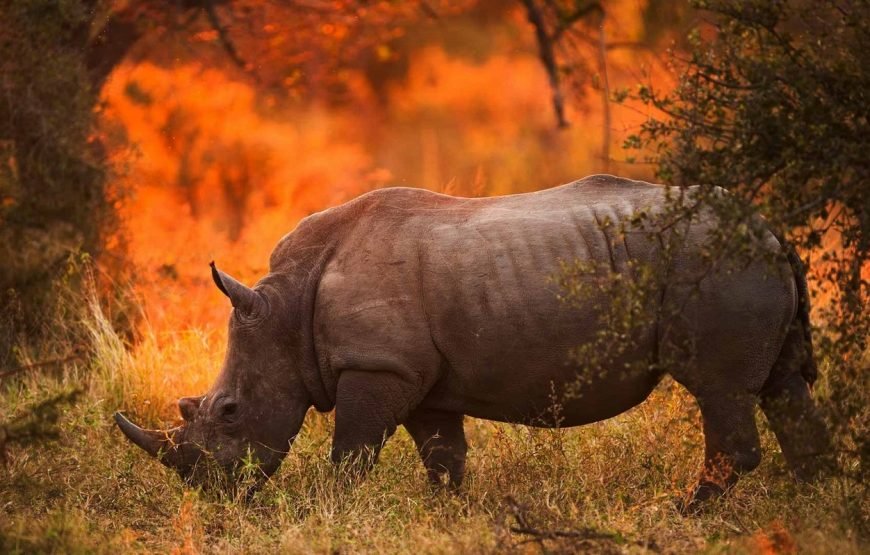
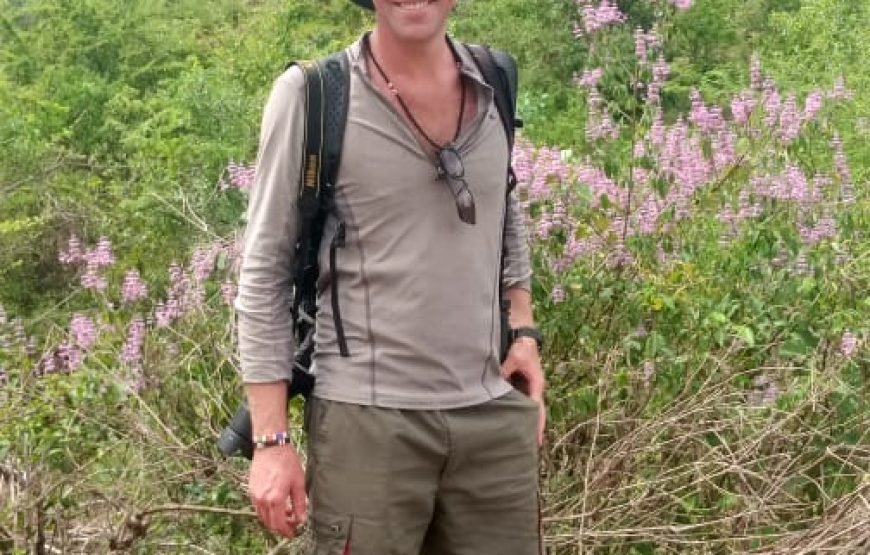
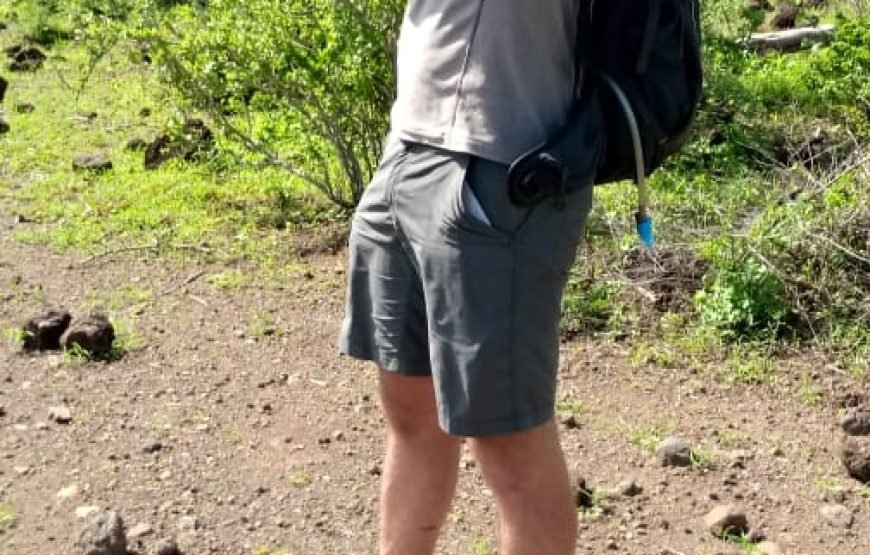
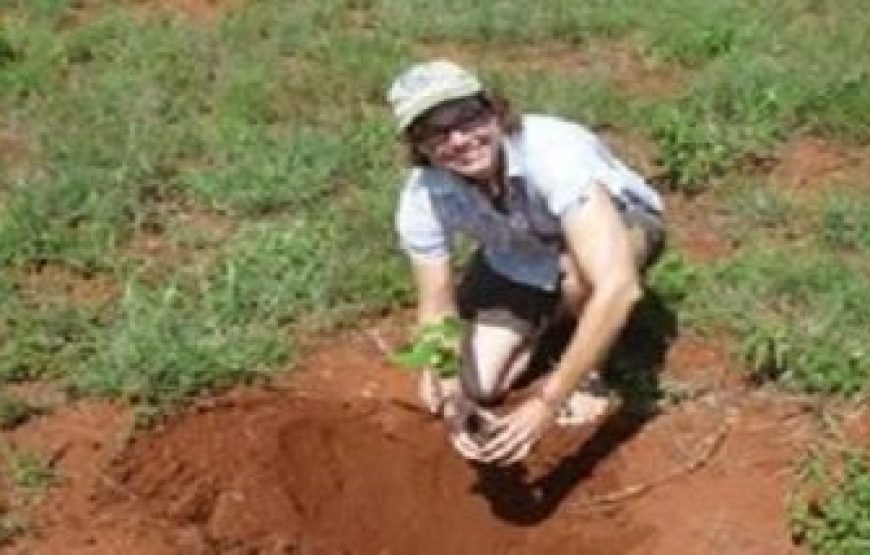
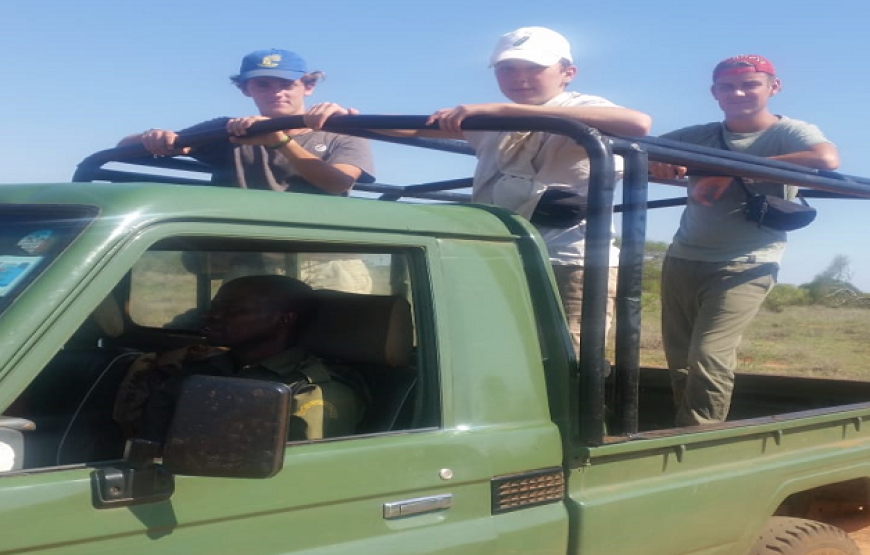
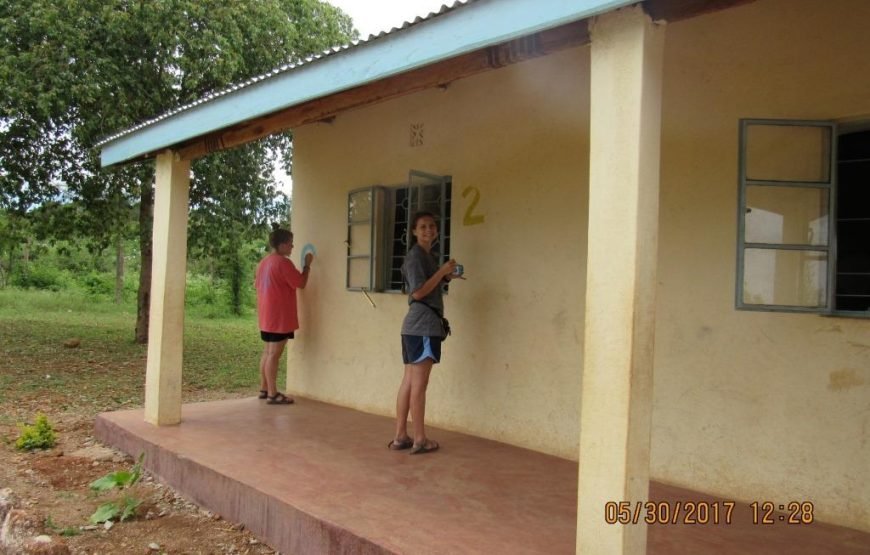
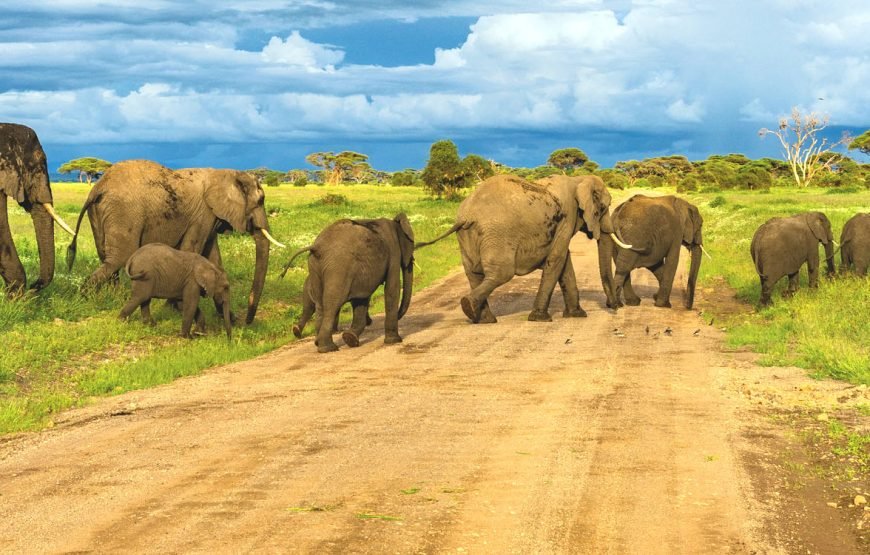
Immerse yourself in the breathtaking landscapes of the Amboseli Ecosystem while contributing to vital big mammals conservation efforts. This 2-week volunteer program offers a unique opportunity to work alongside experienced conservationists, protecting iconic African wildlife and their habitats.
HIGHLIGHTS
- Contribute to the conservation of elephants, lions, and other big mammals
- Participate in wildlife monitoring and research activities
- Engage in human-wildlife conflict mitigation efforts
- Conduct community outreach and environmental education
- Experience the majestic backdrop of Mount Kilimanjaro
- Work with local Maasai communities
- Gain hands-on experience in wildlife management and research techniques
Day 1: Arrival and Welcome
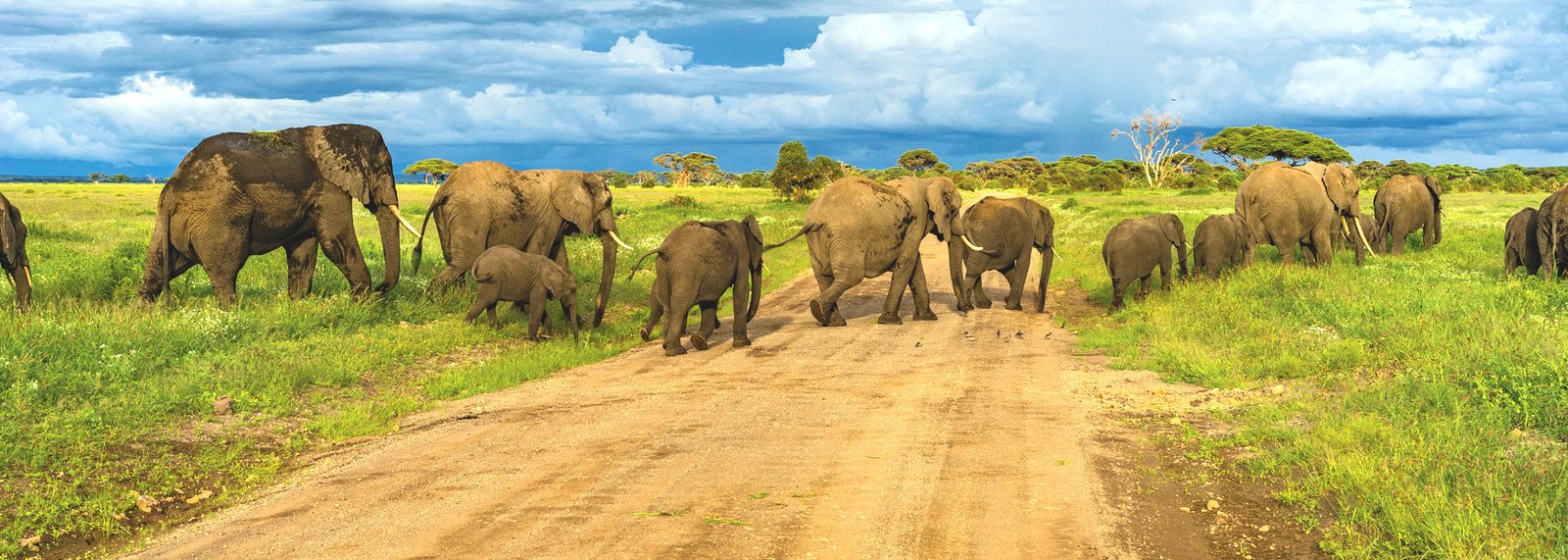
Your conservation adventure begins as you touch down in Nairobi, Kenya's bustling capital. A friendly representative will greet you at the airport and escort you to your comfortable accommodation in the city. Take this evening to rest and prepare for the exciting journey ahead, enjoying a welcome dinner where you'll receive a brief orientation about the program.
Day 2: Orientation in Nairobi
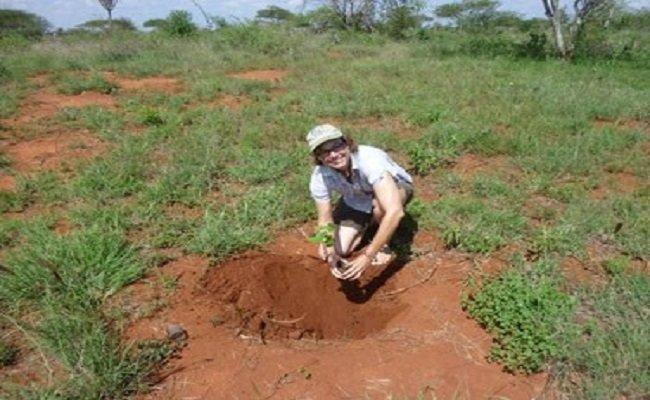
Today is dedicated to a comprehensive orientation session in Nairobi. You'll meet the program coordinators and fellow volunteers, receiving detailed information about the conservation project and the Amboseli Ecosystem. The day includes briefings on safety protocols, cultural sensitivity, and the specific conservation activities you'll be involved in. You'll also have the opportunity to ask questions and prepare yourself mentally and physically for the upcoming adventure.
Day 3: Journey to Amboseli
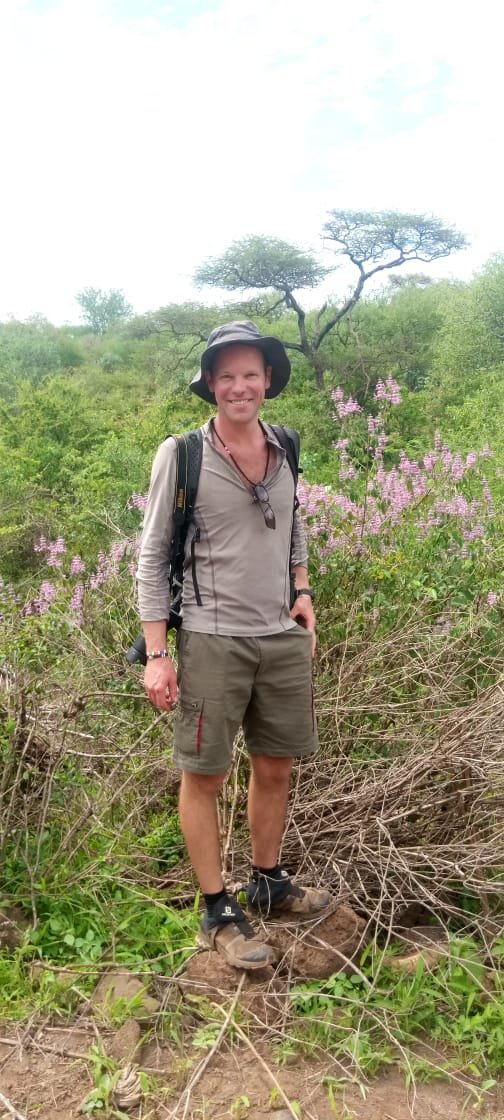
After an early breakfast, you'll embark on a scenic drive to Amboseli National Park. As you travel, keep your eyes peeled for wildlife sightings along the way. The landscape will gradually transform, offering glimpses of the iconic African savanna. Upon arrival at the volunteer base camp, you'll settle into your new home for the next two weeks. The day concludes with an on-site orientation session and crucial safety briefing, setting the stage for your conservation work.
Days 4-14: Immersion in Conservation Activities
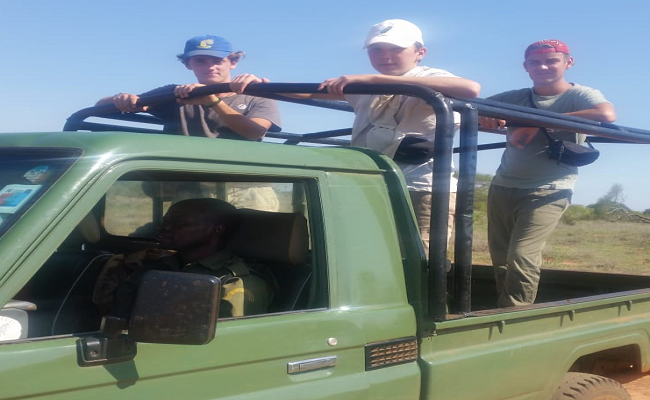
Over the next eleven days, you'll dive deep into various conservation efforts, each day bringing new experiences and challenges. Early mornings often begin with wildlife surveys and monitoring, where you might find yourself tracking elephant herds or observing lion behavior against the majestic backdrop of Mount Kilimanjaro. You'll learn to identify individual elephants and contribute to ongoing behavior studies.
Afternoons might involve hands-on work in human-wildlife conflict mitigation, setting up camera traps, or participating in anti-poaching patrols. Data collection and analysis form a crucial part of your work, contributing to long-term research projects. You'll also engage in habitat restoration activities, helping to maintain the delicate balance of the Amboseli ecosystem.
Community outreach is another vital aspect of the program. You'll have opportunities to visit local Maasai communities, participating in environmental education sessions and learning about their traditional way of life. These interactions provide valuable insights into the complex relationship between wildlife conservation and human communities.
Throughout your stay, you'll work alongside experienced conservationists, gaining hands-on experience in wildlife management techniques and research methodologies. Each day concludes with a debrief session, allowing you to reflect on your experiences and prepare for the next day's activities.
Day 15: Reflection and Celebration
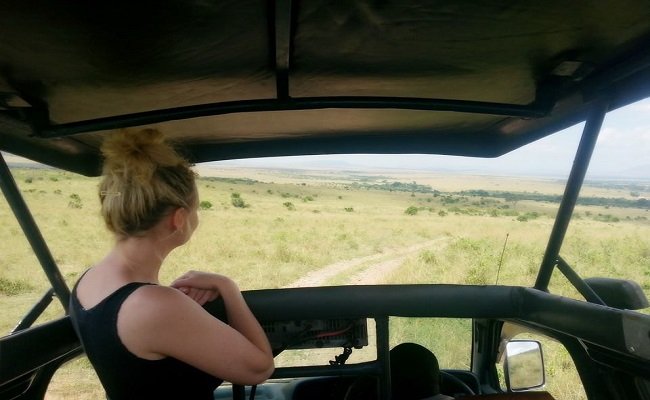
As your volunteer program nears its end, you'll participate in a final morning conservation activity. The afternoon is dedicated to a comprehensive debriefing session, where you'll have the chance to reflect on your experiences and discuss the impact of your work. The highlight of the day is the certificate ceremony, recognizing your valuable contribution to big mammals conservation in the Amboseli Ecosystem. The evening culminates in a farewell dinner with local staff and fellow volunteers, a perfect opportunity to share memories and celebrate your achievements.
Day 16: Farewell to Amboseli
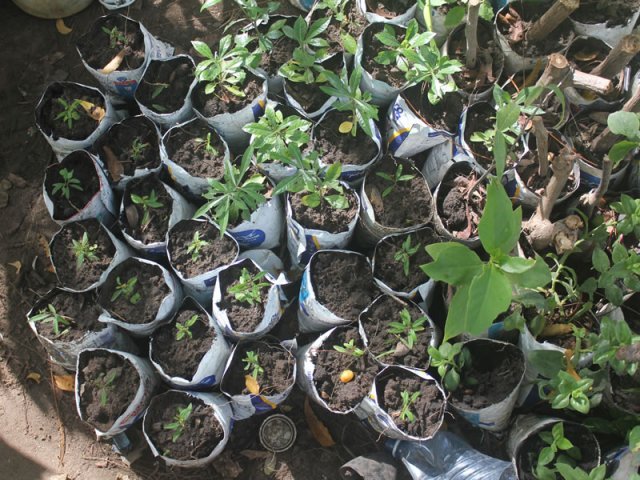
On your final day, you'll have one last chance to soak in the beauty of Amboseli with an early morning game drive. This is your opportunity to bid farewell to the magnificent wildlife and landscapes you've been working to protect. In the afternoon, you'll begin your journey back to Nairobi, carrying with you unforgettable memories and a deeper understanding of wildlife conservation. As you depart in the evening, you'll leave with not just souvenirs, but with the knowledge that you've made a tangible difference in protecting Africa's iconic wildlife.
- Meet and Greet Services with airport assistance
- Arrival and departure airport transfers with assistance
- Orientation on volunteer responsibilities and Expectations
- Accommodation in a Homestay/Volunteer House
- Half Board Meal Plan
- Transport to the homestay/volunteer house
- Volunteering Certificate
- International & Local Airfares
- Entry Visa to Kenya or any other country
- Travel Insurance Cover, Personal or Baggage (Recommended)
- International airport(s) departures taxes (if not included in your ticket)
- Expenses of personal nature such as phone calls, internet, laundry etc.
Tour's Location
Q1. What is the Amboseli Ecosystem and why is it significant for big mammals conservation?
The Amboseli Ecosystem is a unique wildlife haven located in southern Kenya, famous for its large elephant herds and stunning views of Mount Kilimanjaro. It's significant for big mammals conservation due to its diverse habitats, including savannah, wetlands, and woodlands, which support a wide range of wildlife. The ecosystem is crucial for the survival of numerous species, including elephants, lions, cheetahs, and various antelope species. Its importance lies in providing a critical wildlife corridor and maintaining the delicate balance between human activities and wildlife conservation.
Q2. What specific conservation activities will I be involved in during the program?
Wildlife surveys and monitoring, focusing on elephants and big cats
Elephant identification and behavior studies
Setting up and monitoring camera traps
Anti-poaching patrols and snare removal
Human-wildlife conflict mitigation projects
Data collection and analysis for ongoing research projects
Habitat restoration activities
Community outreach and environmental education sessions
Each day may involve different activities based on current conservation priorities and research needs.
Q3. Do I need prior experience in wildlife conservation to participate in this program?
Q4. What is the accommodation like at the volunteer base camp?
Shared bathrooms with running water
Communal dining areas
A common area for relaxation and debriefings
Basic electricity (often solar-powered) for charging essential devices
While not luxurious, the accommodation offers a safe and immersive experience in the African bush. Be prepared for limited internet connectivity and embrace the opportunity to disconnect from the digital world.
Q5. What should I pack for the two-week conservation program in Amboseli?
Neutral-colored, lightweight clothing (avoid bright colors that may disturb wildlife)
Long-sleeved shirts and long pants for protection against sun and insects
Sturdy, comfortable walking boots and sandals
Wide-brimmed hat, sunglasses, and high-SPF sunscreen
Insect repellent
Reusable water bottle
Binoculars (if possible)
Camera with extra batteries/charger
Personal medications and a basic first-aid kit
Warm layers for cool evenings (fleece jacket, light sweater)
Daypack for field activities
Headlamp or flashlight
A detailed packing list will be provided upon registration, tailored to the specific needs of the Amboseli program.
Q6. How physically demanding is the program, and what level of fitness is required?
Walking or hiking for several hours each day, often in hot conditions
Early morning starts (sometimes before sunrise) for wildlife monitoring
Carrying equipment for field research
Potential participation in manual tasks like habitat restoration
While you don't need to be an athlete, you should be comfortable with sustained physical activity and able to walk 5-10 kilometers a day on uneven terrain. The program can often be adapted to different fitness levels, but it's important to inform the coordinators of any physical limitations beforehand.
Q7. What measures are in place to ensure volunteer safety when working with big mammals?
Comprehensive safety training at the beginning of the program
Constant supervision by experienced local guides and researchers
Strict protocols for wildlife encounters and field activities
Use of appropriate safety equipment when necessary
Regular safety briefings and updates
Clear emergency procedures and access to first-aid facilities
Limitations on direct contact with dangerous wildlife
While working with big mammals involves inherent risks, these safety measures minimize potential dangers. Volunteers are expected to follow all safety guidelines strictly and remain alert to their surroundings at all times.
Q8. How does this volunteer program contribute to long-term conservation efforts in the Amboseli Ecosystem?
Data collection: Volunteers assist in gathering crucial data on wildlife populations, behavior, and habitat use, contributing to long-term research projects.
Anti-poaching efforts: Regular patrols and snare removal help protect wildlife from immediate threats.
Human-wildlife conflict mitigation: By participating in community projects, volunteers help develop and implement strategies to reduce conflicts between local communities and wildlife.
Habitat restoration: Activities like tree planting contribute to the long-term health of the ecosystem.
Community education: Outreach programs help foster local support for conservation, which is essential for sustainable wildlife protection.
Funding: A portion of the program fees goes directly towards supporting ongoing conservation initiatives in the Amboseli Ecosystem.
By participating, volunteers not only provide immediate assistance but also contribute to the sustainability and continuity of conservation efforts in the region.
Q9. What opportunities are there to interact with and learn about local Maasai culture during the program?
Community visits: Regular trips to nearby Maasai villages allow volunteers to engage with local people and learn about their traditional way of life.
Cultural workshops: Sessions on Maasai history, customs, and their relationship with wildlife are often included in the program.
Collaborative conservation efforts: Many conservation activities involve working alongside Maasai community members, providing natural opportunities for cultural exchange.
Traditional knowledge sharing: Learn how traditional Maasai practices contribute to wildlife conservation.
Evening storytelling: Sometimes, Maasai elders visit the camp to share stories and legends.
These interactions provide valuable insights into the complex relationship between local communities and wildlife conservation. Volunteers are encouraged to approach these experiences with respect, openness, and a willingness to learn.
Q10. What kind of support and guidance can I expect from the program staff during my stay?
Pre-arrival support: Detailed information packets and assistance with travel preparations.
Airport pickup and transfer: Safe transportation to and from the program site.
Orientation and training: Thorough briefing on all aspects of the program, including safety protocols and conservation techniques.
Daily guidance: Experienced staff members will supervise and instruct you during all conservation activities.
Educational support: Regular lectures and workshops on wildlife conservation, research methods, and local ecology.
Personal support: Staff are available to address any concerns or questions you may have during your stay.
24/7 emergency assistance: A support system is in place for any urgent issues that may arise.
Post-program follow-up: Opportunity to stay connected with the project and receive updates on the impact of your work.
The staff is committed to ensuring that your experience is safe, educational, and meaningful, providing support at every stage of your volunteer journey.

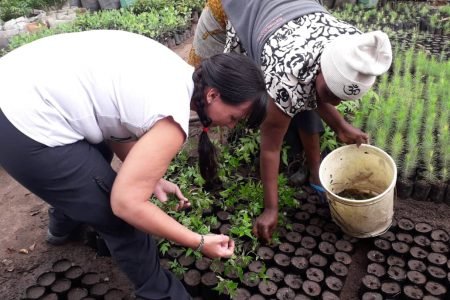

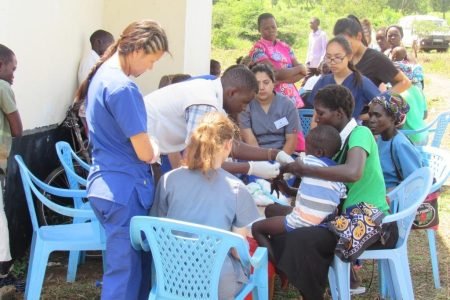
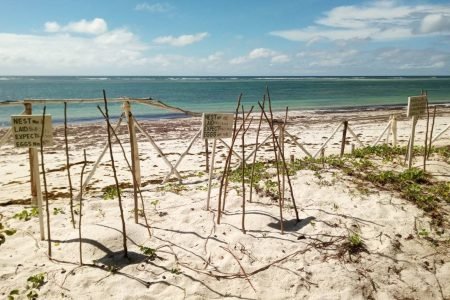
Leave a reply